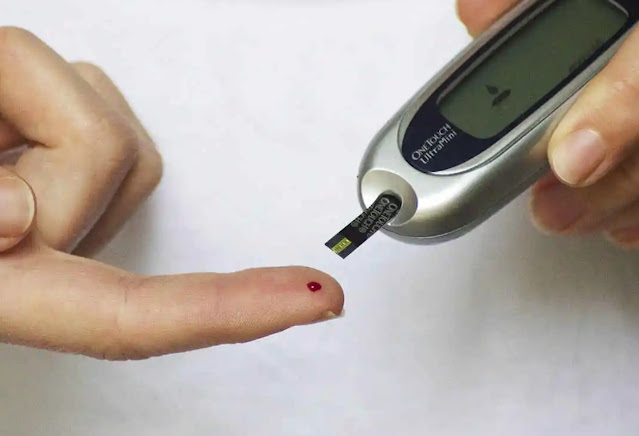Is it true that eating processed foods raises the chance of developing type 2 diabetes?
Recent research of 21,800 men and 82,907 women discovered that processed foods, particularly commercially accessible meats and sweetened drinks, may raise the chance of developing type 2 diabetes. Other studies link their use to obesity, cardiovascular disease, and other cancers.
Chips, semi-finished goods, burgers, and sour and sugary drinks are just a few examples of highly processed foods that make digestion difficult and detrimental to general health since their intake is a risk factor for severe disease, according to current studies. Therefore, junk foods should be avoided or taken only in moderation, high in fat, sugar, salt, and processed carbs, but low in nutrients such as fiber, vitamins, and minerals.
How processed meals contribute to an increased risk of diabetes.
They have an immediate impact on blood sugar levels. Foods that are abundant in calories but low in beneficial components for the body induce a quick spike in blood sugar. If you consume a white bread burger with french fries and mayonnaise sauce, you will feel full and satisfied for a short time, but your blood sugar level will immediately decrease. Diabetes, renal illness, and dermatological disorders are all linked to uncontrolled blood sugar.
- The quantities are huge. Customers are typically provided enormous servings of unhealthy meals such as white bread, burgers, french fries, and the sauces that accompany them, making it very simple to consume far more than they require, especially when the flavor is enticing and seductive.
- Increases weight. Excess intake of ultra-processed meals leads considerably to weight gain. Excess weight and body fat buildup are linked to more than 90% of diabetes cases.
- The nervous tension is increasing. Fast food includes a lot of sodium chloride, and salt can cause blood pressure problems. This is also linked to a higher risk of type 2 diabetes.
- The amount of triglycerides rises. Trans and saturated fats are abundant in ultra-processed meals, which raise triglyceride levels, a form of fat present in the blood. Triglyceride levels that are too high can raise the chance of acquiring type 2 diabetes.
According to research, eating processed meals daily affects the kidneys of those who do not have diabetes as the illness itself. Furthermore, the abrupt surge in blood sugar is comparable to what diabetics experience.
It is suggested that saturated fats in the diet do not exceed 10% of total daily calories. It's important to note that they're not just in fast food but also in chicken and turkey skin, dairy products (butter, cream, cheese, ice cream), fat, sausages, and bacon. In addition, trans fats are present in margarine, hydrogenated vegetable oils, chips, french fries, and other fast food goods, savory biscuits, pretzels, and other commercial cakes. It is recommended that consumers read the labels on commercially purchased items to manage their intake.
When you go out, how do you deal with processed foods?
While making healthy meals at home is easy, the challenge emerges while eating out in the city, where temptations and imbalanced options abound. When eating out, keep the following tips in mind to reduce the risk of type 2 diabetes-related with processed foods:
- If the portion ordered appears to be excessively large, eat only half.
- Choose meals with lean meats that are complimented by fresh salads or roasted vegetables.
- When ordering a burger, request that it be served without a bun and solely with lettuce and other veggies.
- If you eat pizza, request one with a complete top, no meat, less cheese, and more veggies (tomatoes, eggplant, bell peppers, zucchini, olives).
- Instead of mayonnaise and ketchup, try a vinaigrette, yogurt, or avocado sauce.
- Instead of white bread, try black bread, graham bread, or a combination of the two, and baked fries can be substituted for french fries.
- Avoid sweet and sour drinks in favor of water infused with lemon or orange slices and unsweetened mint or lemonade leaves.





